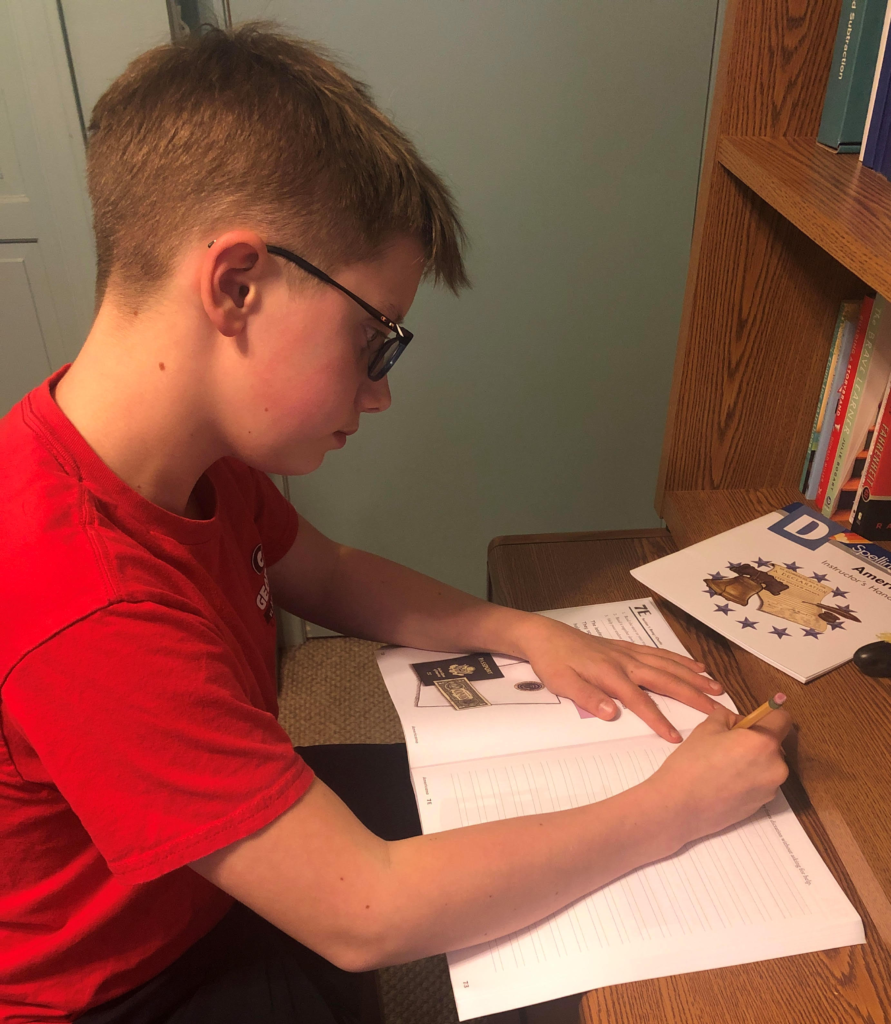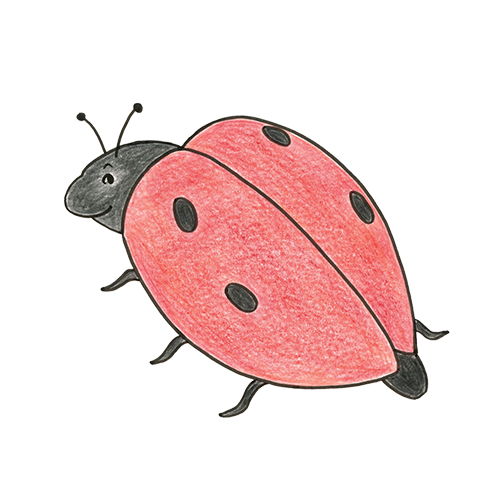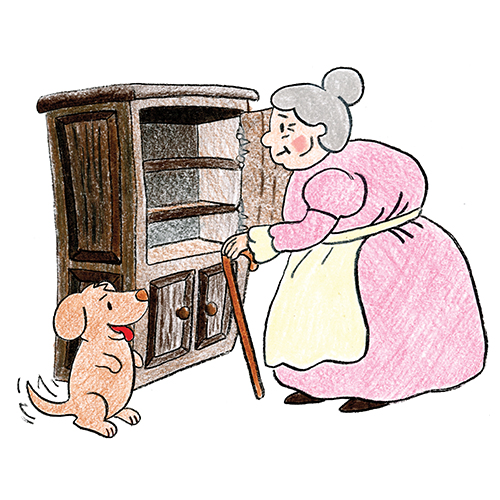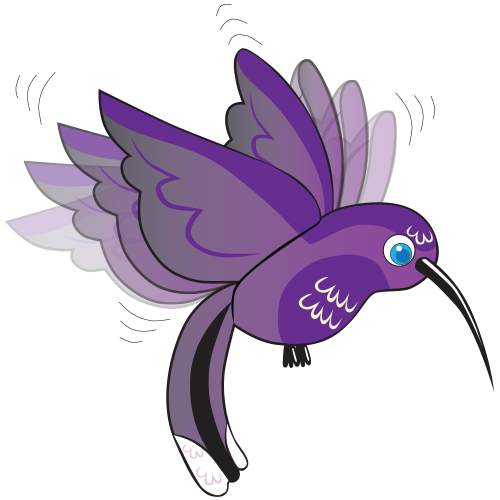About Spelling You See
Teaching spelling can be a slow task, but it is made easier if we understand how kids learn. Our Spelling You See curriculum is built on research on children’s cognitive development and memory, and modes of education.
Most spelling programs are based on the faulty premise that if children memorize a certain sequence of letters or words, they will become good spellers. This approach emphasizes week-long memorization of word lists, with the hopes that these words will be retained the following week. But generally in this approach, students merely record words in short-term memory, only to forget them. Without something meaningful to connect these words to — what researchers refer to as linkage — the brain simply reverts to rote memory, storing the words for a few days and then discarding them. The words never make it into long-term memory.
Since the 1970s, various researchers including the linguist Charles Read have noted that children develop strong spelling skills in consistent developmental patterns. This research indicates that spellers advance through a common progression of learning stages, starting with sound-to-letter correspondence and moving toward more advanced and complicated spelling structures. The developmental process of spelling is similar to what children go through when learning to walk. They need to develop the prerequisite skill of crawling before they can move on to walking and then running. In the same way, Spelling You See guides your student naturally through the stages in the process of learning to spell.
Dr. Holinga utilized this research to create the Spelling You See program to guide students through these sequential stages for a more natural and stress-free way to learn spelling. This approach emphasizes context through meaningful copywork activities, repetition, and fun. To read some of the research pieces used by Dr. Holinga in the development of Spelling You See, download the bibliography.

The Five Developmental Stages of Spelling
All students move through the same sequence of stages as they are learning to spell. Stages can’t be skipped or accelerated, but the pace at which children move through the stages is unique to each child.
About Dr. Karen Holinga
The Spelling You See curriculum was designed by Dr. Karen Holinga, a Reading Specialist with a doctorate from The Ohio State University in Developmental Reading, Curriculum, and Professional Development. Dr. Holinga’s passion for helping kids learn began during her six years as a classroom teacher and continued to grow as she successfully homeschooled her own three children for twelve years. As a reading specialist, Dr. Holinga has helped over 25,000 children learn to read and spell successfully. She currently owns her own business, The Reading Doctor, Inc. where she works full time tutoring children that struggle with reading and counseling families in curriculum development. Dr. Holinga is also the author of the reading curriculum Happy Cheetah.


About Demme Learning
Demme Learning is an independent family-owned and operated publishing company. Based in Lancaster, Pennsylvania, Demme Learning has been providing innovative learning solutions for homeschoolers, parents and small group learning environments since 1990.
Our mission is simple: we empower parents to help their children grow into lifelong learners. From our award-winning curriculum to our learning blog and webinars, we aim to provide you with the very best educational resources.
Our core principles:
- Parental engagement in the learning process
- Multi-sensory instruction
- Sequential instruction that builds from concept to concept to achieve mastery
- Guided discovery with a committed instructor
- Individualized instruction that adapts to each student’s unique strengths.




